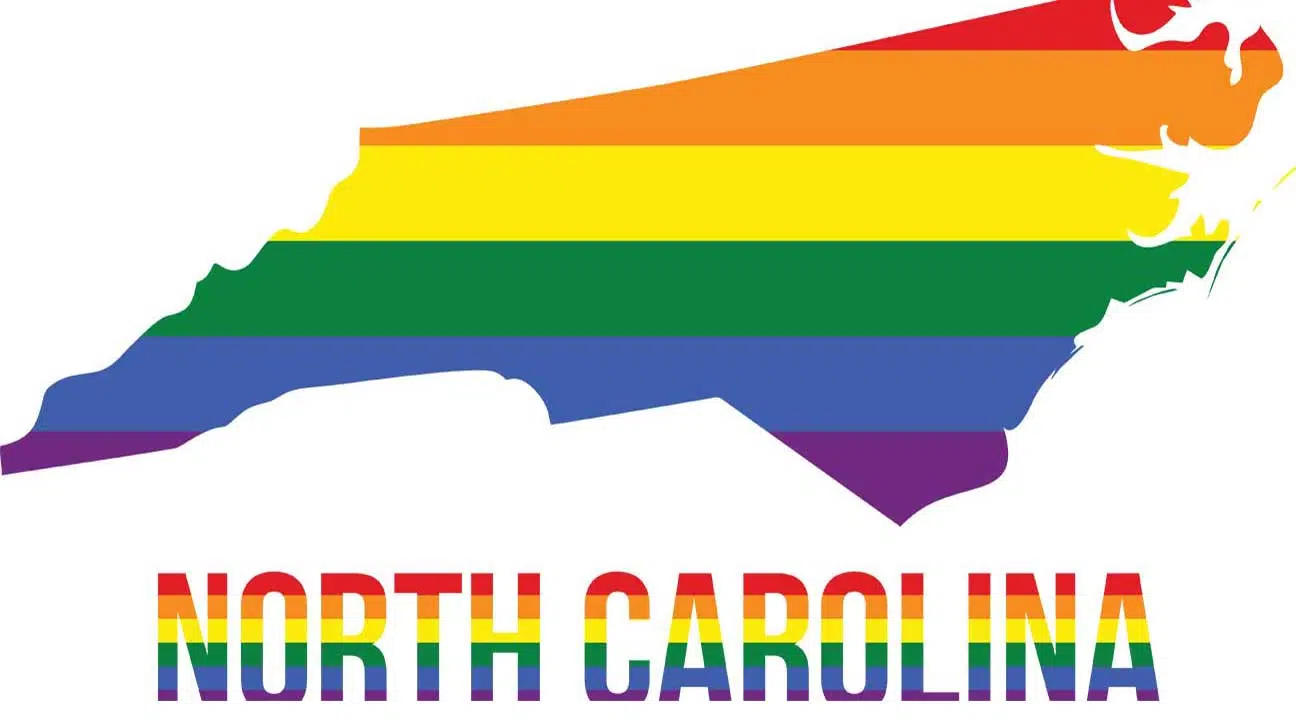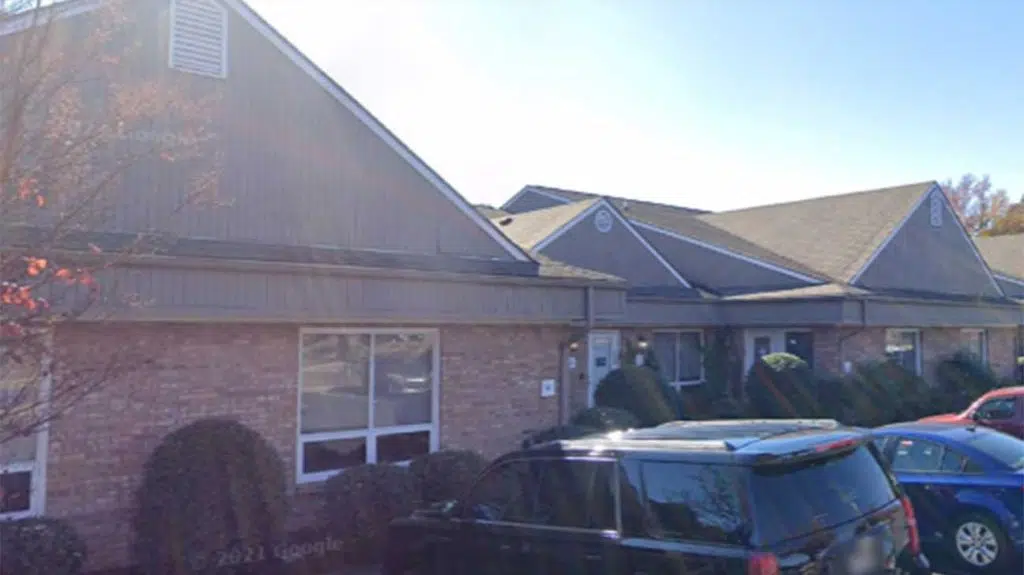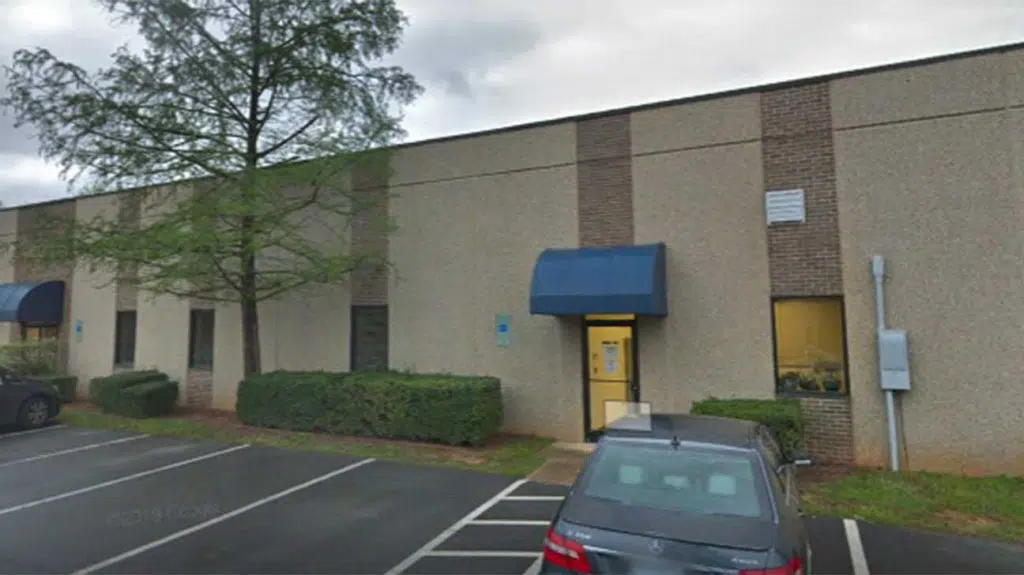
People who are lesbian, gay, bisexual, transgender, queer, or questioning (LGBTQ+) are more likely to develop drug or alcohol addiction than those who do not identify with these sexual minorities.
Treatment centers that are LGBTQ-friendly generally offer multiple levels of care. This usually includes detoxification and inpatient treatment or outpatient treatment.
A person may choose to enter a rehab facility that is exclusive to members of the LGBTQ+ community, or a traditional rehab facility which offers a specialized program or therapy options for those who are LGBTQ+.
List Of LGBTQ+ Drug Rehab Centers In North Carolina
The following LGBTQ+ rehab centers in North Carolina are reputable and feature marks of quality such as partnerships with other organizations in healthcare, positive testimonials from past clients, and licensure from the state.
1. Eleanor Health, Durham, North Carolina
Eleanor Health is a mental health and outpatient substance abuse treatment center in Durham, NC.
It offers medication-assisted treatment, therapy and counseling, psychiatry, recovery coaching, and telehealth options.
This drug rehab center offers a number of specialized programs, including programs for seniors, pregnant women, first responders, and people who identify as LGBTQ+.
Features of quality care at this rehab facility include:
- positive client testimonials
- evidence-based treatments
- accredited by the Commission on Accreditation of Rehabilitation Facilities (CARF)
Location and contact information:
3711 University Dr.
Suite #B
Durham, NC 27707
(919) 568-5911
2. Genesis SA Services, Raleigh, North Carolina
At Genesis SA Services, adults have access to a variety of outpatient substance abuse services in Raleigh, NC.
Addiction treatment services offered here include short- and long-term therapy, online assessments and classes, and Alcohol Drug Education Traffic School (ADETS).
This rehab center offers specialized treatment programs for both veterans and people who identify as lesbian, gay, bisexual and transgender, as well as those who require dual diagnosis treatment for co-occuring mental health disorders.
Marks of quality care at this treatment center include:
- accredited by the Better Business Bureau (BBB)
- evidence-based treatments
- high Google ratings
Location and contact information:
319 Chapanoke Rd.
Raleigh, NC 27603
(919) 321-6643
Prevalence Of Substance Use In The LGBTQ+ Community
People who identify as gay or lesbian are twice as likely to develope substance abuse as those who are straight.
Those who are bisexual are three times as likely, and those who are questioning or undecided are five times as likely.
In addition, LGBTQ people have shown to be more successful in treatment programs that are specialized around their unique needs and experiences. Fortunately, this type of program is becoming more available and accessible.
Factors That Influence Substance Use In The LGBTQ+ Community
People that are LGBTQ+ are more likely to experience circumstances throughout their lives that could potentially lead them to misuse drugs or alcohol.
Risk factors for LGBTQ+ people and substance abuse may include:
- harassment and bullying
- lack of acceptance from friends and family
- self-isolation
- co-occuring mental health disorders
- discrimination in the workplace or at school
- unsafe home environment
- increased exposure to HIV/AIDS
- struggles with identity and sense of self
What To Look For In A LGBTQ+ Drug Rehabilitation Program In North Carolina
Choosing a rehab facility for alcohol and drug addiction is an important decision.
Be sure you choose one that offers certain treatment options shown to be effective for your unique needs and for achieving long-term recovery.
It may even be a good idea to visit addiction treatment programs in person to ensure that the environment is safe, welcoming, loving, and empathetic to the needs of LGBTQ+ individuals.
Some of the most effective treatment services for LGBTQ+ people include:
- medically supervised detox
- sober living and transitional living
- aftercare and relapse prevention services
- individual, group, and family therapy
- dual diagnosis treatment for co-occurring disorders and mental health issues
- medication management
- behavioral therapy
- drug and alcohol education classes
FAQs For LGBTQ+ Rehab Facilities In North Carolina
The following are some of the most commonly asked questions about LGBTQ+ rehab facilities in North Carolina and what they offer.
Do LGBTQ+ Rehab Centers Accept State-Funded Insurance Plans?
Some LGBTQ+ rehab programs in North Carolina accept Medicaid and Medicare health insurance plans, while some only accept private insurance.
It is always suggested that you check with your desired drug and alcohol treatment center in advance.
Where Do Transgender People Stay During Gender-Separate Residential Treatment?
Every treatment facility will have its own rules.
Typically, when a transgender person enters residential treatment at a rehab center with gender-separate housing, they will have their choice of which gender to stay with.
Do LGBTQ+ Rehab Centers In North Carolina Offer Outpatient Treatment?
It is possible to find many levels of care at drug and alcohol rehab centers for the LGBT community.
This includes residential treatment, outpatient treatment, intensive outpatient programs (IOP), and partial hospitalization programs (PHP) in North Carolina.
Find A LGBTQ+ North Carolina Drug Rehab Center Today
Call our helpline any time if you have questions about drug or alcohol addiction treatment or to let us know that you or a loved one would like to get started at a recovery center.
No matter where you are on your recovery journey, we are here to help. Please do not hesitate to reach out to us today.
Published on August 10, 2022
Addiction Resource aims to provide only the most current, accurate information in regards to addiction and addiction treatment, which means we only reference the most credible sources available.
These include peer-reviewed journals, government entities and academic institutions, and leaders in addiction healthcare and advocacy. Learn more about how we safeguard our content by viewing our editorial policy.
- National Institute on Drug Abuse (NIDA) — Substance use and SUDs in LGBTQ* Populations
https://nida.nih.gov/research-topics/substance-use-suds-in-lgbtq-populations - National Institute of Health (NIH) — The Relationship Between Discrimination and Substance use Disorders Among Lesbian, Gay, and Bisexual Adults in the United States
https://www.ncbi.nlm.nih.gov/pmc/articles/PMC2937001/ - Substance Abuse and Mental Health Services Administration (SAMHSA) — Find treatment
https://findtreatment.gov


